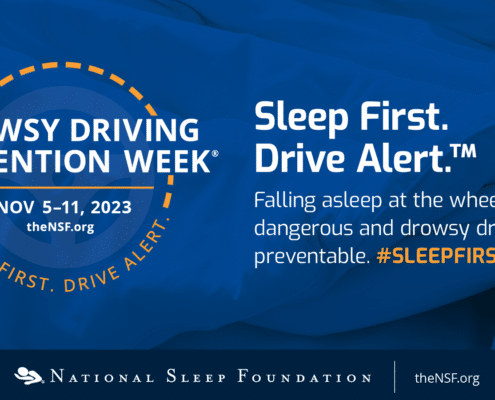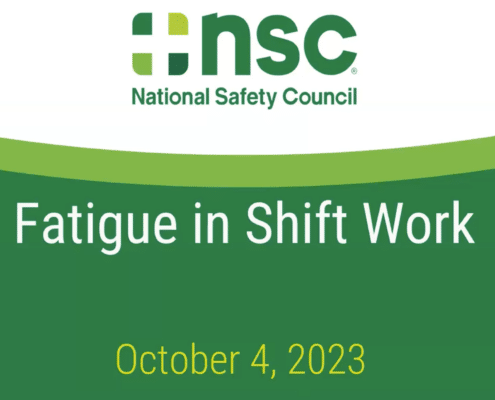Think you are performing your best with 6 hours of sleep?
Science says…‘Better go back to bed’
This week, sleep advocate and Huffington Post editor-in-chief, Arianna Huffington, released a substantial blog post rounding up some of the recent coverage in the media around the importance of sleep. (To her point, there have been a few great pieces in New York Times.)
One of the studies she refers to indicates that people who sleep 6 hours per night for two weeks are equally as fatigued as someone who has stayed up for 48 hours. We can also demonstrate and expand on the point visually using our FAST software (which was developed by US military to understand the effects of fatigue on performance). Arianna’s concern, is that our 24 hour world and unbalanced lifestyles are not only a detriment to our own health, but every organization’s bottom line and the economy as a whole. She is is not alone in this thinking.
According to studies, almost 30% of adult Americans are sleeping 6 hours a night or less on a regular basis. Would you expect to perform your best at work after staying up for 24 or 48 hours? Probably not. So why do people think they are able to function optimally on 6 hours of regular sleep? This is because of a natural human phenomenon known as ‘renorming’. Renorming means that we are only able to compare how we feel today to how we felt yesterday or the day before. If someone who regularly sleeps 8 hours a night stays up for 24 hours, the deterioration of how they feel will be evident to them. If someone else decides to forgo their 8 hours per night to sleep 6 hours a night over a period of two weeks, the decline in how they feel and perform would be gradual enough that they might not even notice – But, science shows, both of these individuals will suffer similar declines in their performance and reaction time.
The FAST grid below demonstrates the performance of someone over a two week period of time who is getting 6 hours of sleep, from midnight to 6 AM. The blue arrow shows the gradual decline in performance over time.

FAST schedule grid showing performance decline over time.
What we are able to show using FAST software, is that by 3 PM on Monday (indicated by the black arrow) this person’s effectiveness has decreased 19%, their reaction time has decreased 24% and they are 3 times more likely to suffer an excessively long lapse in reaction time (sometimes referred to as a microsleep) than someone who is well rested.
Simply put, those who sleep only 6 hours a night, will not perform to their full potential at work and because of ‘renorming’, they won’t even realize it.
We often talk about the dangers of fatigue in the workplace for people who are working in safety sensitive operations, and the difference a small percentage drop in performance can make on an elite athlete’s game – but we can use science to demonstrate that no organization and, by association, no economy is immune to the costs associated with lost productivity caused by human fatigue.
Interested in learning more about data-driven fatigue management?
or download our free eBook on the Science of Sleep for industrial workforces


